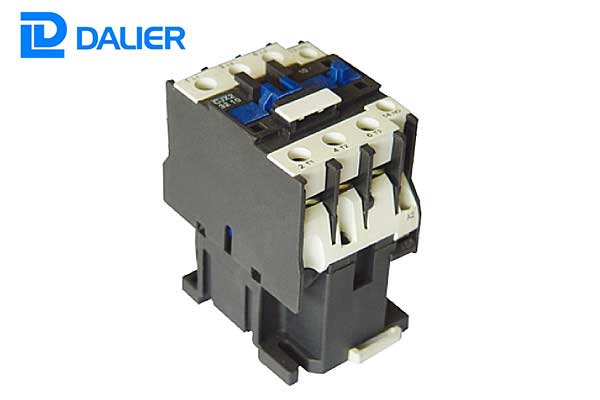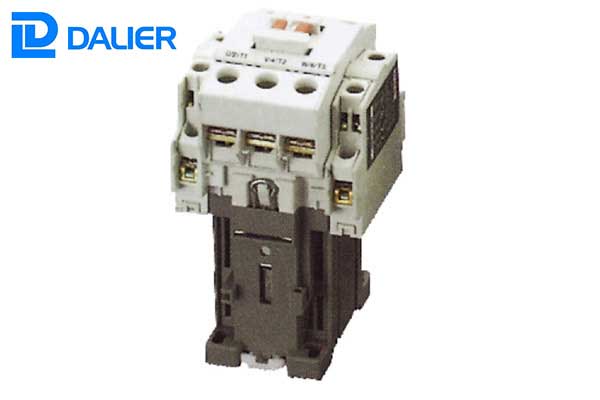What are AC contactors used for?
What are AC contactors used for? How are they classified?
Contactors are divided into AC contactors (voltage AC) and DC contactors (voltage DC), which are used in electric power, power distribution and power consumption occasions. In a broad sense, contactors refer to the use of coils flowing through currents in industrial electricity to generate magnetic fields, so that The contact is closed to control the load of the electrical appliance. Next, let's take a look at the classification method of AC contactors and some related knowledge.
There are many types of AC contactors, and their classification methods are also different. According to the general classification methods, there are roughly the following types.
Points are scored by the main contact pole
It can be divided into single pole, double pole, three pole, four pole and five pole contactor.
Single-pole contactors are mainly used for single-phase loads, such as lighting loads, welding machines, etc., and can also be used in motor dynamic braking; double-pole contactors are used in the rotor circuit of wound asynchronous motors, and are used for short-circuit when starting. connected to the starting winding; three-pole contactors are used for three-phase loads, such as motor control and other occasions, which are the most widely used; four-pole contactors are mainly used for three-phase four-wire lighting circuits, and can also be used to control dual-circuit motor loads ; The five-pole AC contactor is used to form an auto-compensating starter or control a double cage motor to change the winding connection method.
According to arc extinguishing medium
It can be divided into air contactors, vacuum contactors, etc. Contactors relying on air insulation are used for general loads, while contactors using vacuum insulation are commonly used in coal mines, petroleum, chemical companies and some special occasions where the voltage is 660V and 1140V.
According no contact points
It can be divided into contactor contactor and non-contact contactor.Common contactors are mostly contactors with contacts, while non-contact contactors are products of electronic technology applications, and thyristors are generally used as the on-off element of the circuit. Because the trigger voltage required when the thyristor is turned on is very small , and no sparks are generated when the circuit is on and off, so it can be used in high operating frequency equipment and in flammable, explosive, and noise-free occasions.
The role of the AC contactors
The function of the AC contactor is to protect the circuit and allow a large amount of current to pass through. The relay of the AC contactor has the function of overcurrent or grounding protection. When there is lightning on the line after a thunderstorm, it will cut off the load power supply to protect Circuit. We often encounter trips in thunder days because of this reason. AC contactors are used as actuators to connect and break lines, or to frequently control the operation of motors and other equipment. The dynamic and static main contacts , arc extinguishing cover, moving and static iron cores, auxiliary contacts and bracket shells. Contact, connect the circuit. After the electromagnetic coil is powered off, the moving iron core automatically returns under the action of the reset spring, commonly known as release, the contacts are separated, and the circuit is disconnected. AC contactor is the most commonly used in power drag and automatic control systems A low-voltage control appliance.






